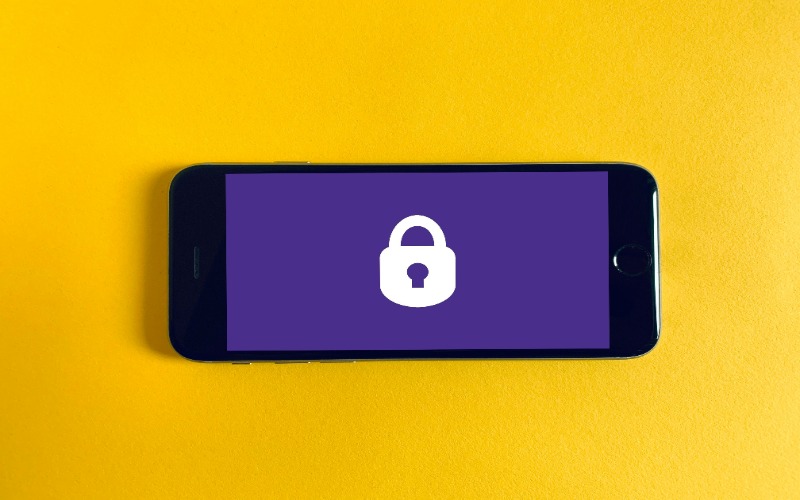In today’s digital age, staying cyber-secure in college is more crucial than ever. With the vast amount of personal information stored online, students are prime targets for cybercriminals. Here are seven essential tips to help you protect your digital life while pursuing your academic goals.
1. Be Wary of Phishing Scams
Phishing scams are a common way for hackers to steal your information. They often come in emails or messages that look legitimate but are fraudulent. These messages might prompt you to click a link or download an attachment, leading to malware installation or data theft. Always be skeptical of unsolicited emails, especially those asking for personal information. When you pay for essay writing at GrabMyEssay, you can read that the site is protected and the information you provide stays confidential. Still, do not forget to double-check the sender’s email address and look for spelling or grammar errors, as these can be signs of phishing attempts. Remember, legitimate organizations will never ask for sensitive information via email.
2. Create Strong and Unique Passwords
A strong password is your first line of defense against cyber threats. Avoid using easily guessable passwords like ‘123456’ or ‘password.’ Instead, create a unique password for each account to be cyber-secure. A good password should be a mix of letters, numbers, and symbols and at least 12 characters long. Consider using a passphrase – a combination of words you can remember, but others find hard to guess. For example, ‘BlueCoffeeMug@Sunset2024!’ is a strong passphrase. Also, take advantage of password managers. They can generate and store complex passwords for you, so you don’t have to remember each one.
3. Backup Your Data
Imagine losing your term paper or important research due to a malware attack or a hardware failure, especially if you’ve been relying on an essay writing website for assistance. Regular data backups can save you from such nightmares. Use an external hard drive or a cloud storage service to back up your documents, photos, and other important files. This way, if your device is compromised, you’ll have a copy of your data that is safe and accessible, ensuring that your hard work and valuable resources remain intact.
4. Use Secure Wi-Fi Networks
As a college student, you’ll likely use public Wi-Fi networks in cafes, libraries, and student lounges. While convenient, these networks are often not secure, making it easier for hackers to intercept your data. Avoid performing sensitive activities like online banking or shopping on public Wi-Fi. Use a Virtual Private Network (VPN) if you must use a public network. A VPN encrypts your internet connection, keeping your online activities private and secure.
5. Update Your Software Regularly
Software updates are not just about new features; they often include critical security patches. Cybercriminals exploit vulnerabilities in outdated software to gain unauthorized access to your devices. Ensure your operating system, applications, and antivirus software are current. Enable automatic updates when possible. This practice improves your software’s performance and makes you cyber-secure.
6. Practice Safe Social Networking
Social media is a big part of college life but also a playground for cybercriminals. Be mindful of the information you share online. Personal details like your address, phone number, or current location can be used by criminals to target you. Adjust your privacy settings to control who can see your posts. Be cautious about accepting friend requests from strangers, as fake profiles are often used for phishing or malicious activities.
7. Educate Yourself About Cybersecurity
Knowledge is power, especially when it comes to cybersecurity awareness. Many colleges offer resources and workshops on cyber safety. Take advantage of these opportunities to learn more about protecting yourself online. Stay informed about the latest cyber threats and the best practices to counter them. The more you know, the better you can defend yourself against cyber-attacks.
Final Thoughts
Staying cyber-secure in college is about being proactive and aware. Implementing these tips can greatly reduce your risk of becoming a victim of cybercrime. Remember, cybersecurity is a continuous process. As technology evolves, so do the tactics of cybercriminals. Stay vigilant, stay informed, and stay safe.










